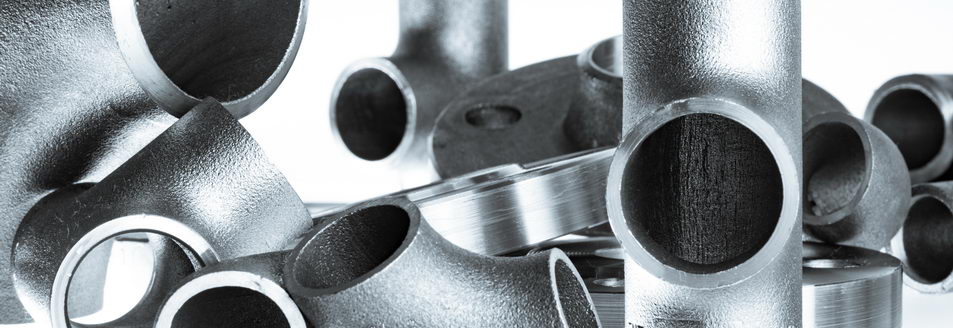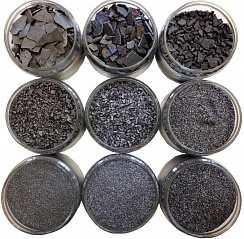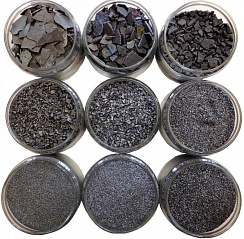In order to prevent defects in low-alloy steel products, steel foundries are to address and accomplish the following tasks:
- to improve the castability of liquid metal in the thin wall sections of castings;
- to prevent clogging in pouring nozzles and ceramic foam filters;
- to prevent gas and shrinkage porosity defects;
- to prevent occurrence of hot cracks and hot tears;
- to eliminate contamination of liquid metal with non-metallic inclusions;
- to avoid large shrink holes in castings;
- to refine the microstructure of castings and obtain grain refinement;
- to improve the macrostructure of castings;
- to improve the pressure tightness and structural integrity of castings;
- to obtain the values of impact toughness of castings meeting relevant requirements;
- to obtain the values of yield strength of castings;
- to improve the wear resistance of castings;
- to desulfurize liquid metal.
These tasks can be accomplished by steel foundries if they select appropriate inoculation methods and materials for treating liquid metal. Depending on the peculiarities of the practices applied in the production of low-alloy steels and equipment used, our Technological Support specialists will select the relevant inoculation materials with respect to chemical composition and size range and develop suitable inoculation methods.
If necessary, new inoculation materials can be developed and manufactured to be utilized for special-purpose applications in individual foundries.
In order to get a preliminary consultation, you are kindly requested to complete the relevant request for information form.






